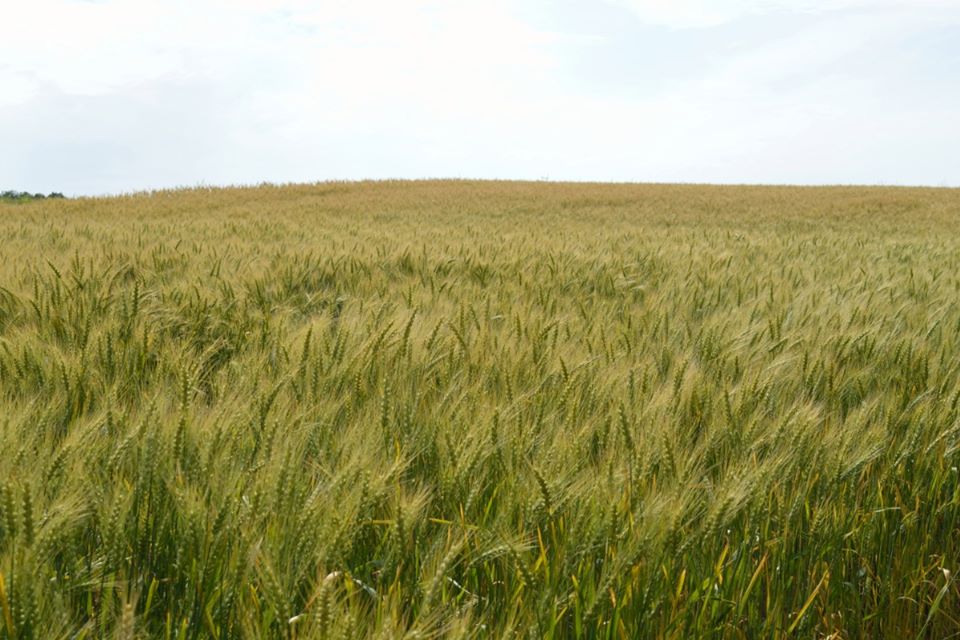
ADDIS ABABA – Nation exerting efforts to expand irrigation to increase wheat productivity in order to ensure food self-sufficiency along with import substitution.
Oromia Agricultural Research Institute (OARI) said that farmer’s interest to get more technology for large scale irrigated wheat farming is increasing through time.
Hence, this attempt should be further scaled up on more lands in the next season to attain the envisioned goal of wheat self sufficiency of the country, said Abdissa Garoma, Public Relations at OARI.
As to him, OARI is working in collaboration with stakeholders to promote large scale demonstrations of irrigated wheat production technologies in four zones on
3400 hectares of land.
He explained that the large scale irrigated wheat demonstration effort is encouraging as the crop is performing well in the field.
The institute has trained more than 300 agricultural experts and development agents about irrigation technology on wheat production encompassing land preparation, sowing and irrigation methods, crop management, crop protection, improved wheat varieties, post-harvest technologies, pesticides use and safety techniques, he mentioned.
The expert added that practical training on furrow irrigation method was delivered to the participants in collaboration with Melkassa Agricultural Research Center.
Irrigated wheat production manual was
prepared and distributed to each participant to use as a reference for farmers at Kebele level, he stated.
The whole effort is to increase trained manpower conscious and ready to produce more wheat that enable the nation to substitute import and ensure self sufficient, Abdissa underlined.
A document from the institute indicated that the country spends over 700 million USD to import wheat per annum and faces capricious global price shifts for grain.
The Ethiopian Herald noticed that the government gave due emphasis to irrigated wheat production particularly in lowland areas where irrigation facility is available to reduce the expense of foreign currency and aid dependency by producing about 10 million quintals with in the country.
Currently, the country is cultivating over 12 million hectares of land of which two million is covered by wheat, it was learnt.
Ethiopians now consumes about seven million tons per year, but over four million households grow only four to five million tons with a deficit of about two million tons. And the demand for the crop is rising, due to population growth, urbanization and change in life style and food habit, the document pointed out.
The document also figured out that domestic production of wheat need to increase quite significantly to stop importation shortly.
Regardless of huge potential, Ethiopia, the second major wheat producing country in sub-Saharan Africa is not yet become food self-insufficient, it was learnt.
The Ethiopian Herald April 28/2020
BY GETAHUN LEGESSE




